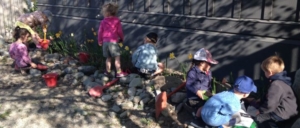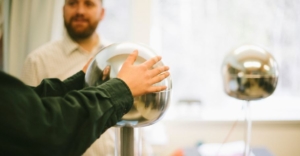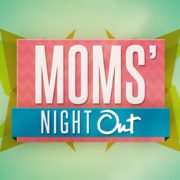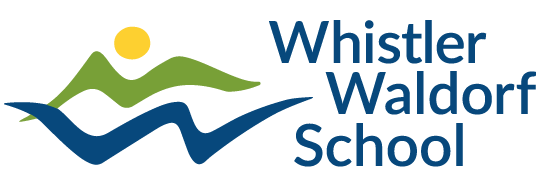We still have spaces for K, Gr. 1-3

We are currently accepting applications for the 2019-20 school year for Kindergarten, Grade 1-4, 8 and High School Grade 11 & 12.
“I invite you to learn more about our unique educational approach. With small class sizes and an emphasis on strong student/teacher relationships, Whistler Waldorf fosters the development of creative thinking, self-confidence and an enthusiasm for academic learning.”
Ms. Rubeena Sandhu – Director of Education
Offering an extensive tuition adjustment for qualified families. Learn more here.
Email Admissions to book a personal tour or find out more about our admissions process.





